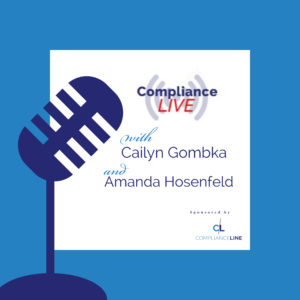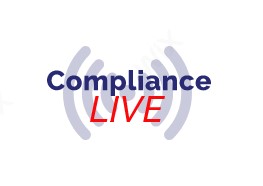Los presentadores Matteson Ellis y Alejandra Montenegro Almonte discuten los resultados más relevantes de la Miller & Chevalier 2020 Encuesta sobre Corrupción en América Latina y comparten sus observaciones sobre la relevancia de los resultados para las empresas de la región.
*******
Encuesta Miller & Chevalier 2020 sobre Corrupción en América Latina: https://bit.ly/LACS2020
Preguntas? Contáctenos en podcasts@milchev.com.
¡(H)Ola Compliance! no tiene la intención y no se puede considerar como asesoramiento legal; el contenido solo refleja los pensamientos y opiniones de sus anfitriones.
¡(H)Ola Compliance! explora la ola de cumplimiento de anticorrupción que ha surgido por Latinoamérica. Inmerso en su cariño para la región, Matteson Ellis y Alejandra Montenegro Almonte (Socios de Miller & Chevalier), navegan las aguas de regulaciones de cumplimiento corporativo desde sus oficinas en Washington, DC y trazan las normas de anticorrupción que afectan a la región. A la vez destacan los desafíos y oportunidades que enfrentan las empresas comprometidas a la ética. ¿Te sientes que estás nadando contra la corriente? ¡Entonces tome la ola de cumplimiento en ¡(H)Ola Compliance!





